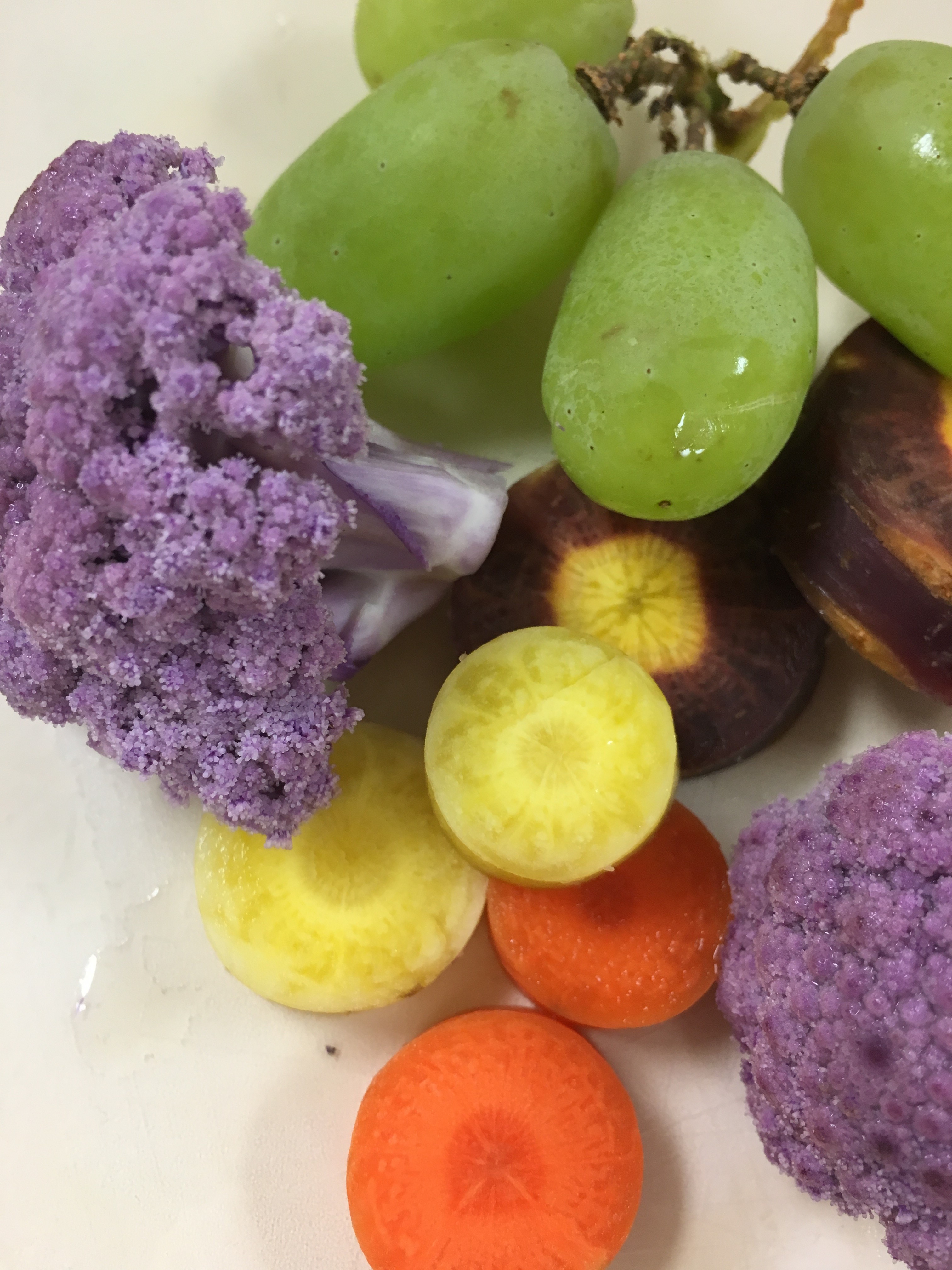
Just Add A Vegetable: Tips for Storage Times
Buying fresh produce weekly can be a daunting task for anyone, let alone a family trying to feed multiple busy kids every night! But did you know–with proper storage, you can keep your fresh veggies longer than if you just throw them in the crisper? For example, realsimple.com says, “Leave refrigerated produce unwashed in its original packaging or wrapped loosely in a plastic bag.”
As part of our “Just Add A Vegetable” campaign, we’re spreading the word about proper storage times to make incorporating veggies in your family’s life that much easier.
Storage Time
| Vegetable | Time |
| Corn, unshucked | 1-3 days |
| Chard | 2 days |
| Alfalfa Sprouts, Asparagus, Beet leaves, Bok choy, Escarole, Herbs (non-woody), Kale, Okra, Spinach (bunch), Tomatoes | 3 days |
| Peas (English and in pods), Radicchio, Snowpeas, Sugar Snap Peas, Watercress (bunch) | 4 days |
| Arugula, Collard Greens, Cucumbers, Egg Plant, Endive, Lettuce (except iceberg), Mustard Greens, Potatoes (new and fingerling), Summer Squash, Zucchini | 5 days |
| Broccoli, Brussel sprouts, Cabbage (savory and napa), Cauliflower, Green Beans, Leeks, Mushrooms, Rhubarb stalks | 1 week |
| Cabbage (green and red), Carrots, Celery, Chili Peppers, Iceberg Lettuce, Rhutabaga, Turnips | 2 weeks |
| Beets, Potatoes (red, russet, Yukon gold, and others) | 3 weeks |
| Parsnips, Tomatillos | 1 month |
| Onions | 2 months |
| Squash, Winter | 3 months |
| Radishes | 3 days-2 weeks |
| Watercress and Spinach in bags | Use expiration date |
Storage time is based on appropriate storage. For more information on best storage practices, refer to https://www.realsimple.com/food-recipes/shopping-storing/more-shopping-storing/how-to-store-vegetables




